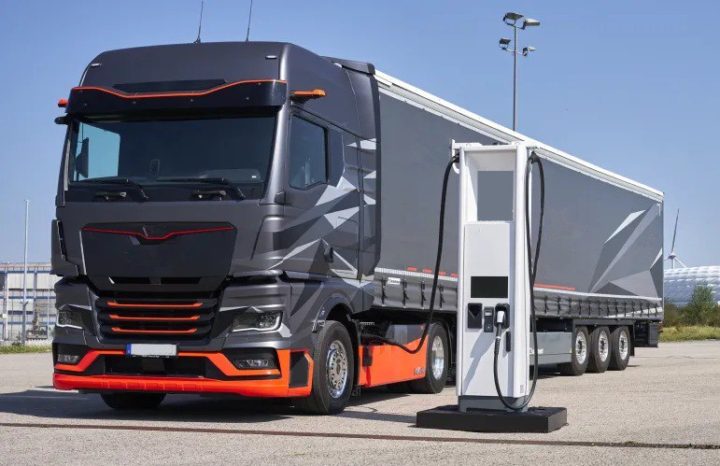20 March 2024
Negotiators of the Council of the European Union and the European Parliament have reached a preliminary agreement on reducing CO2 emissions from heavy duty vehicles (HDV) in Europe. The convention applies to city buses and trucks and its aim is to reduce the environmental impact of transport.

Source – infor.pl
New city buses are expected to reduce their emissions by 90% by 2030. Moreover, from 2035, only zero-emission vehicles, such as electric, hydrogen or synthetic fuel vehicles, will be allowed for use.
When it comes to trucks, CO2 emissions are planned to be reduced compared to 2019. In the years 2030-2034 it will increase to 45%, in the years 2035-2039 to 65%, and from 2040 it is expected to reach as much as 90%. It is worth noting that the category of heavy vehicles includes not only traditional trucks, but also specialized vehicles such as garbage trucks, dump trucks and long-distance buses.
The reduction was deliberately not set at 100%. The remaining 10% are vehicles used by the armed forces, fire brigades, mining, agriculture and forestry.
In 2030, tractor-trailers will have to reduce their emissions by 10% compared to 2019, which applies to both new vehicles and those already in use. The agreement includes detailed guidelines for trailers and semi-trailers.
Work and negotiations on the described restrictions will continue, and in 2027 the European Commission is to assess their effectiveness and impact on the market.
The analysis conducted by the Supreme Audit Office regarding the fund for the development of electromobility in Poland shows that the current financial support system excludes heavy goods vehicles with a total weight of over 12 tons (category N3). Moreover, it was noted that the subsidy should be high enough to make the purchase of electric vehicles cheaper than combustion vehicles. In response to these findings, the Ministry of Climate and Environment took action to introduce changes to the applicable act.
The planned restrictions on CO2 emissions, combined with the vision of lack of financial support from the authorities, will deepen the difficulties that companies will have to face. It is worth noting that their current situation is very difficult. The conflict in the Red Sea, changing regulations and a significant increase in tolls mean that transport companies are struggling with serious challenges. Numerous protests and consistent road closures make the situation even worse.




